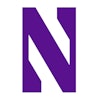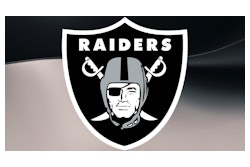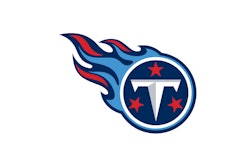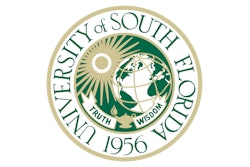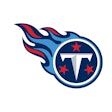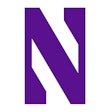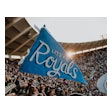Copyright 2018 The Washington Times
All Rights Reserved
The Washington Times
Nevada taxpayers shelled out $750 million to build a stadium for the soon-to-be Las Vegas Raiders and the deal may prevent the state from being able to recoup that money by imposing new taxes on the NFL team.
An unusual provision in the Raiders agreement with the state allows the team, currently playing its final seasons in Oakland, to break the lease and look for another home if Nevada attempts to impose new taxes over the next three decades on the team, stadium, fans or players. That includes visiting teams and fans as well.
The provision applies to any "targeted tax" aimed at collecting revenue specifically from players or fans. It would not protect the team or its fans from any new taxes applied generally on businesses or individuals across Nevada, however.
Nevada could impose a tax on all sports tickets but couldn't impose one specifically on stadiums larger than 40,000 seats, because it would only levied against Raiders' stadium.
A separate agreement from the master lease, the targeted tax provision, is part of a series of papers that still needs approval by NFL owners and the Las Vegas Stadium Authority before any deal is approved. A final vote is scheduled for March.
Michael Leeds, a Temple University economist who has argued against the use of taxpayer funds to build sports stadiums, said the targeted tax provision goes beyond anything he has ever seen.
"It's basically saying we got ours and you are not touching it," Mr. Leeds said. "Thirty years is a huge window. It binds the state's hands and the hands of a future generation."
The Raiders' $1.9 billion stadium is set to open in 2020. The team will remain in California while the new stadium is built.
Jeremy Aquero, principal with Applied Analysis, an analytics firm that serves as the staff for the Las Vegas Stadium Authority, said the provision prevents Nevada from squeezing the Raiders in the event the state needs to find new income sources.
"This protects the Raiders and the stadium from government trying to extract additional revenue outside of the investment they are already making," he said.
But taxpayer groups in Nevada say this is just another example of the sweetheart deal the state used to lure the Raiders from Oakland.
"I think this emblematic of how our policymakers have sacrificed everything on the altar of the Raiders," said Bob Fulkerson, state director of the Progressive Leadership Alliance of Nevada, a social justice advocacy group that has opposed the stadium deal.
"They completely foreclosed on the future to make a horrible deal in the short-term," Mr. Fulkerson said. "This is really going to come back and haunt us."
The public's $750 million contribution financed through tax exempt bonds is the largest public subsidiary ever granted for a U.S. stadium. It will be used in combination with a $500 million contribution from the Raiders and an additional $650 million loan from Bank of America.
The Raiders' contribution, however, will be about $50 million from the team itself. About $200 million of its portion will be financed with a loan from the NFL and the remaining $250 million will be generated from the sale of personal seat licenses. A personal seat license is a fee fans pay for the right to buy season tickets.
Clark County, where Las Vegas is located, will raise the funds to pay those bonds by raising the hotel tax on the famous Strip by nearly 1 percent.
Meanwhile, the Raiders will collect revenue on the sale of suites, tickets, concessions, stadium naming rights and local television broadcasts. All told, the Raiders are projected to generate nearly $130 million in revenue during the stadium's first year.
Neil deMause, editor of Field of Schemes, a blog that tracks stadium financing, said blocking targeted taxes is another example of the Raiders getting rich off Nevada's residents.
"This is adding insult to injury," Mr. deMause said. "It's bad enough that Nevada is handing over $700 million in cash, now they've made things even worse by agreeing to a deal that makes sure Nevada taxpayers never see a penny from the stadium."
Mr. Aquero said it is state politicians' responsibility to deal with potential backlash from voters.
"The deal is what the deal is," he said. "It's not my job to argue both sides of public policy."
Read More of Today's AB Headlines
Subscribe to Our Daily E-Newsletter
Terms and Conditions Privacy Policy












